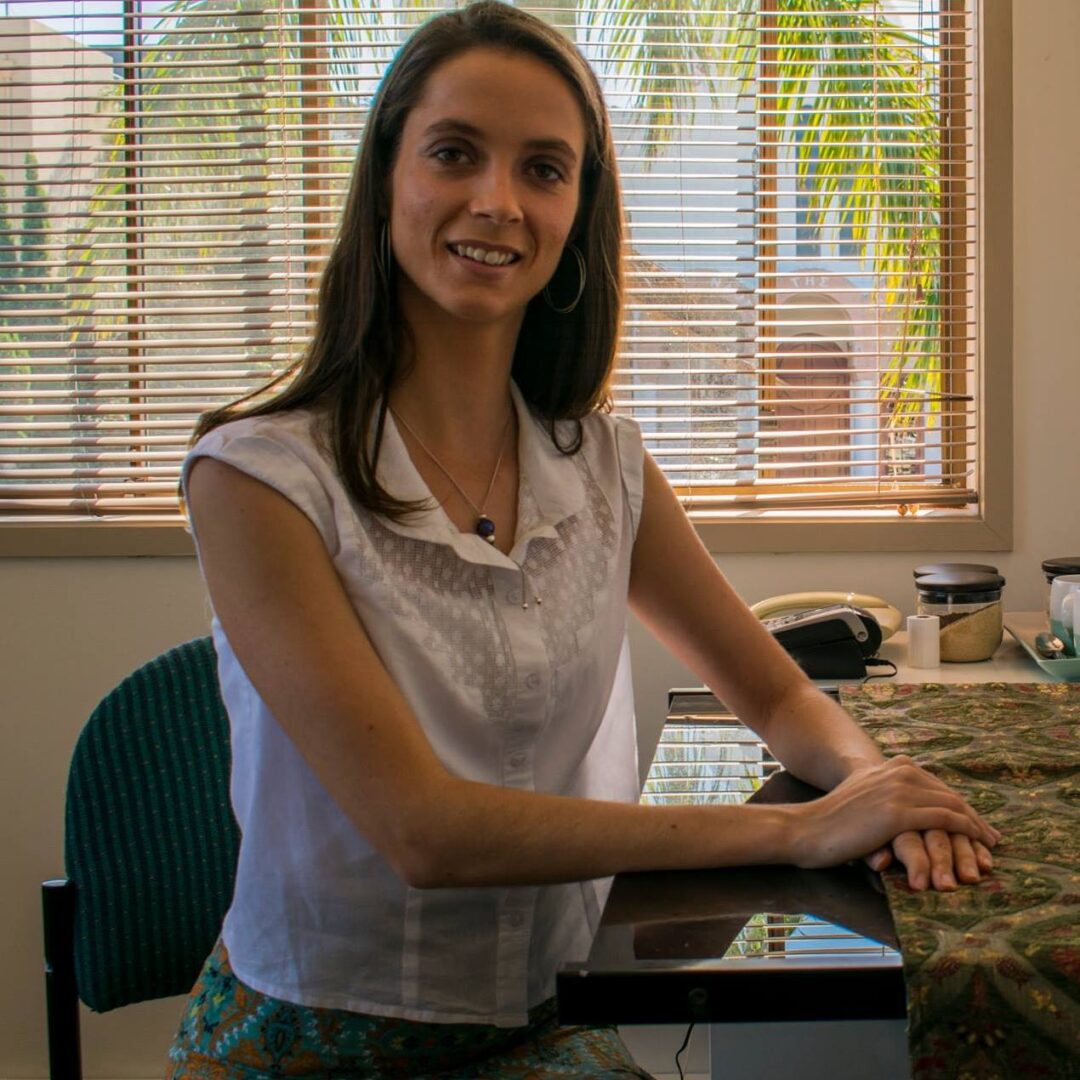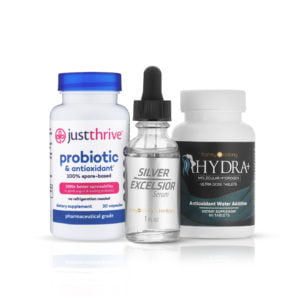The COVID-19 outbreak has led to a spike in the use of face masks, from medical-grade products to homemade cloth ones. Perhaps you’re wearing them to help block viruses. Maybe you are left feeling sick from toxins such as fuel exhaust or conventional cleaning products and will need to wear masks long after this pandemic is over. In either case, it’s important to know whether they offer the protection we need, and which kinds are best.
Can Charcoal Masks Block Viruses?
Research testing both surgical and home-made cloth masks has found that face masks when used properly, can be effective in reducing viral exposure. The best protection comes with face masks that are well-fitted and have not been worn before. While masks don’t give complete protection, they may help reduce the virus spread to a level that effectively flattens the curve. If you are feeling sick yourself, masks can help you protect others.
Even when the pandemic is over, you might want to hold on to your masks. Masks can protect you from toxins such as fuel exhaust and volatile organic compounds (VOCs) like those found in cleaning products and nail polish which can make us feel sick and further irritate the immune system. Chronic exposure to benzene, an air pollutant, can reduce immune cell counts while breathing in silica lowers resistance to infectious disease.
Of course, not any mask will do. Cheap paper masks available at pharmacies are often too loose, giving viruses and bacteria a lot of room to sneak around. Dust masks for construction site safety aren’t ideal for protection against disease. Of the three filtering face-piece (FFP) masks used in construction, only FFP3 can block viruses. The lowest grade, FFP1, is suitable for dust and sawdust if you’re building or doing carpentry.
Take Caution
There is, however, a few points of caution. Some studies show that face masks do not reduce our risk of infectious disease. This may be because masks could make us more complacent when it comes to hygiene, or because they need to be cleaned or disposed of after use.
Additionally, re-breathing carbon dioxide trapped in tight masks can increase its blood levels to harmful amounts. If you have asthma or COPD, exercise caution, and do not hesitate to change masks, adjust their fitting or stop wearing them occasionally if you experience any discomfort.
Masks can be effective overall, but we want the best, especially those who have multiple chemical sensitivities or are immunocompromised. Charcoal-impregnated masks may be one of the best solution, as they can trap toxins and pathogens.
What Is Activated Charcoal?
Activated charcoal, also called activated carbon or activated biochar, is pure carbon, made by heating organic substances such as coconut husks or wood in an enclosed space. These are arranged in heaps above or below ground in a way that lets the fire “bake” it into charcoal. Water and volatile organic compounds are vaporized off to leave behind black, crusty charcoal. Regardless of the source, charcoal has a highly porous structure, much like a sponge.
Charcoal is activated when it is heated again to temperatures of 600-1200 degrees Celsius with gas like carbon dioxide or steam, or temperatures of 450-900 degrees Celsius with an acid, base or salt. This process creates a higher number of smaller pores, making it more effective.
How does activated charcoal fight infections? While pathogens are too large to be bound to its porous surface, they are instead trapped by electrostatic tension from the charcoal. This eventually destroys bacteria and blocks viruses. The porous structure allows activated charcoal to “catch” substances, and provides a large surface area for doing so. Just one teaspoon has such an extensive surface area within the microscopic holes that it adds up to the size of a football field! Substances are bound to the charcoal’s surface by electrostatic forces. If silver is attached, this allows the charcoal to capture and kill microbes.
A case series of four patients with chronic leg ulcers demonstrates this dramatic antimicrobial effect of activated charcoal dressings. All were resistant to antimicrobials, including silver, but they responded to charcoal.
Activated Charcoal As A Guard Against Toxins
Studies with charcoal masks suggest these items can be effective protection against airborne toxins, including volatile organic compounds (VOCs). VOC levels are usually higher indoors and are released from sources such as paint, cleaning chemicals, and conventional personal care products. Some, including benzene, acetaldehyde, and formaldehyde, are known carcinogens. Many others cause respiratory symptoms, irritate the eyes, or leave us feeling sick. Research testing using an activated charcoal filtration system found it significantly reduced common VOCs. The charcoal cleared hazardous VOCs including methylbenzene, propanal, and styrene, with an average reduction by over a half.
Another study on masks as protection against air pollution had mixed results. Researchers concluded that efficacy depended on brand and fit. Depending on the brand, masks were anywhere from 32-97 percent effective against particulate matter (PM) penetration. Lack of efficacy was, once again, often caused by poor fit.
A good-quality, well-fitted charcoal mask, therefore, may also be helpful if you suffer from multiple chemical sensitivity or TILT. These conditions can develop over time or from sudden trauma, and leave people feeling sick from the smell of detergent or petroleum-based ink. It is not necessarily caused by toxin overload, but rather an inability to deal with them. Detoxification and minimizing triggers are important steps to reclaim your vitality and normal life.
Unfortunately, activated charcoal filters could become damaged when exposed to high levels of ozone. Ozone is an air pollutant that can be generated by laser printers, photocopiers, and electrostatic cleaners. Therefore, it’s not recommended that they are worn around these products.
Charcoal Masks With Silver Can Do More Than Just Block Viruses
Activated charcoal reinforced with silver nanoparticles is often used to filter microbes from water. A study comparing plain activated charcoal to that reinforced with silver found both to be effective filters and antimicrobials. However, the addition of silver improved its antibacterial effects against the common pathogens E. coli, S. aureus, B. subtilis, and P. aeruginosa. Silver disrupts bacterial enzymes and increases their levels of oxidative stress. It also damages their cell membranes, disrupts their energy production, and interferes with DNA function. This is not an overkill; targeting bacteria from multiple angles reduces the risk of antimicrobial resistance. As for viruses, a study on activated carbon water filters found that both silver and copper helped inactivate them. Silver affects viruses such as influenza A by damaging their DNA and membranes, similar to how it acts against bacteria.
Overall, face masks with activated charcoal can be a valuable tool if you are immunocompromised or are left feeling sick from chemical and pollution exposure. If you are recovering from an infection yourself, they can also help block viruses from infecting vulnerable people. Since they can still be useful even when the pandemic is passed, it’s worth investing in a high-quality charcoal mask for protection against the many elements that can make you sick. Some examples are those from Charcoal House, which stocks three different charcoal masks. Two masks are impregnated with silver, one of them ventilated; and one mask provides protection against mercury.

Alexandra Preston is an Australian naturopath, passionate about empowering others to take charge of their health and healing the planet. Her special area of interest in natural health is antiaging; she also loves the beach and is a semi-professional dancer.
Submit your story or essay to Buzzworthy Blogs.
-
Sale Product on sale
 Quicksilver Liposomal Vitamin C w/ Liposomal$30.50 – $85.50 — or subscribe and save 5%Rated 5.00 out of 5 based on 7 customer ratings
Quicksilver Liposomal Vitamin C w/ Liposomal$30.50 – $85.50 — or subscribe and save 5%Rated 5.00 out of 5 based on 7 customer ratings -
Sale Product on sale
 Silver Excelsior Serum$99.99 – $272.22Rated 4.89 out of 5 based on 45 customer ratings
Silver Excelsior Serum$99.99 – $272.22Rated 4.89 out of 5 based on 45 customer ratings -
Sale Product on sale
 Optimized Gut-Brain Axis Bundle
Optimized Gut-Brain Axis Bundle$195.72Original price was: $195.72.$188.25Current price is: $188.25. — or subscribe and save 5%Rated 5.00 out of 5 based on 2 customer ratings



